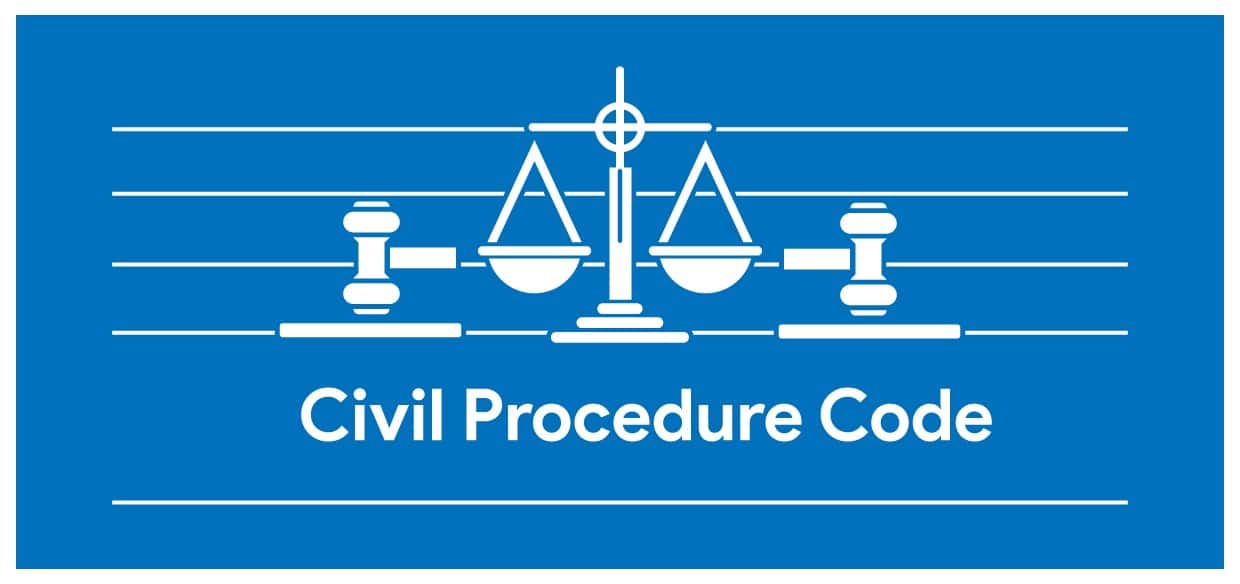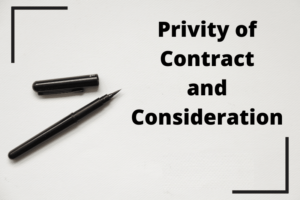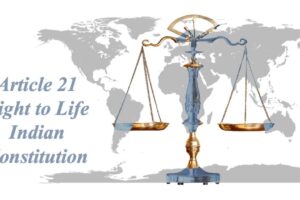
DECODING THE SWIFT AND FAIR PROVISIONS OF TYPES OF DECREE: CIVIL PROCEDURE CODE
One of the terms used most frequently in civil matters is decree. A court of law’s decision-making is separated into decrees and orders. The Code of Civil Procedure, 1908, in Section 2(2), defines the term “decree.” The decree is the official declaration of the court’s decision-making process that establishes the parties’ rights in relation to the contentious or disputed topic.
Decree: About
The Decree is defined under Section 2(2) of the Civil Procedure Code of 1908 which is often discussed by various experts in RJS Coaching in Jaipur. The term “decree” in the aforementioned Section refers to the formal expression of an adjudication that, insofar as the Court is concerned, definitively decides the parties’ rights with regard to all or any of the issues in question in the claim. It may be preliminary or final.
Decree: Essential Ingredients
As discussed by various RJS Coaching in Jaipur there are important ingredients pertaining to decree. They are as follows:
- There has to be a decision to be made.
- It is best to decide in a lawsuit.
- It must determine the rights of each party about the contested matter.
- The determination of the right needs to be definitive.
- Such a formal declaration of adjudication is necessary.
Decree: Its Types
The different types of decrees important from the judiciary point of view as discussed by various RJS Coaching in Jaipur are as follows:
Preliminary Decree
- In circumstances where the court must first decide on the parties’ rights before deferring its decision until it is ready to make a final ruling in the dispute, a preliminary decree is issued.
- This kind of decree is merely the first step in determining the parties’ rights, which will ultimately be decided by a final decree.
Final Decree
- The final decree is one that ends a lawsuit entirely and resolves every point of contention between the parties. There are no unresolved issues with the final decree.
- In the following senses, it’s regarded as definitive:
- When, within the allotted time, no appeal against the decree is lodged.
- The highest court has made a decision regarding the matter in the decree.
- When the court’s ruling completely settles the lawsuit.
Partly Preliminary and Partly Final Decree
- A decree that establishes the parties’ rights in a lawsuit but is contingent on a subsequent final ruling may be seen to be partially preliminary and partially final.
- To put it straightforwardly, the part of the order that is executable is called a final decree, and the portion that cannot be executable is termed as preliminary decree.
- Therefore, a decree that includes multiple questions, some of which are preliminary and others of which are decided, is referred to be partially preliminary and partially final.
Deemed Decree
- Section 2(2) of the CPC provides a definition of the decree.
- Accordingly, a deemed decree is defined as an adjudication that, for legal fiction reasons specified in Section 2(2) of the code, does not ordinarily fall within the definition of a decree and is deemed to be the decree hence; such decrees are regarded as deemed decrees.
Consent Decree
- A consent decree is a legal document that resolves disputes between parties without requiring any acknowledgment of liability.
- As a result of this adjudication, the decree can be implemented with the approval of both parties.
Ex-Parte Decree
- Ex-parte decrees are those that are issued when the defendant is not present in court; as a result, only one party may be heard by the court, and the decree that is issued is known as an ex-parte decree.
A Decree made after an Appeal
- This type of decree is one where the court issues it while the parties to the lawsuit are still in court.
Compromised Petition Decree
- It is a decree that was issued as a consequence of the compromise petition that both lawsuit parties submitted.
Conditional Decree
- Because certain requirements have been related to the decree’s passing and are regarded as a part of it, it is regarded as a conditional decree. These constitute the conditions that need to be satisfied on both ends.
Role of the Judiciary: Landmark Rulings
- In the Phoolchand v Gopal Lal case, the Supreme Court ruled that no provision in the Civil Procedure Code forbids the issuance of many preliminary decrees where the situation calls for it or when the court so directs. However, it should be mentioned that the Court made its ruling in relation to partition suits.
- In theGulusam Bivi v AhamadasaRowther case, the Madras High Court declared that the code does not allow for the issuance of more than a single preliminary or final order.
One of the methods for announcing and issuing a court’s decision is through the Code of Civil Procedure. a court’s decree that establishes the rights that the parties to the complaint are disputing. The idea of the considered decree is another. A decree differs greatly from both an order and a judgment.



